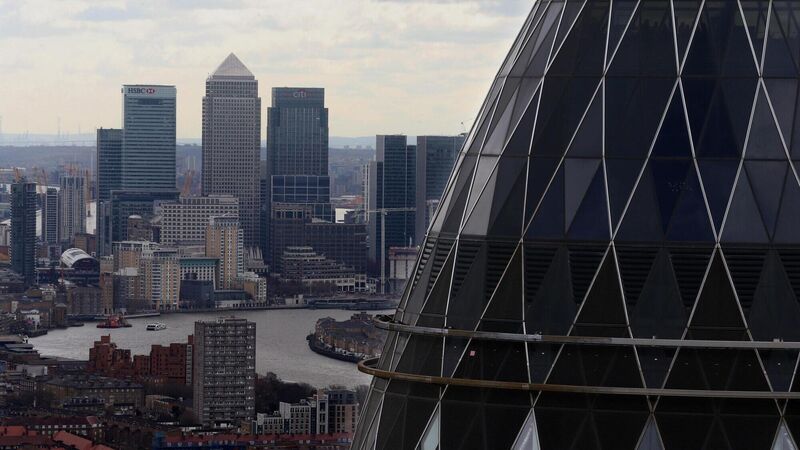John Fahey: Failure to stop Delta risks more challenges for UK economy

Full reopening could, ultimately, hamper the UK's economic growth.
Similar to elsewhere, the dominant factor impacting the UK economy has been the Covid-19 pandemic.
Indeed, last year, the fall in UK GDP of nearly 10% was bigger than the other main advanced economies.











